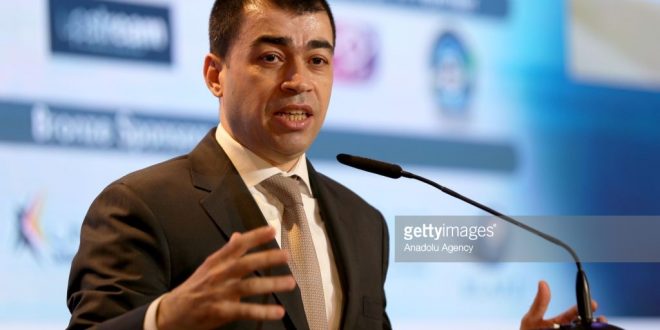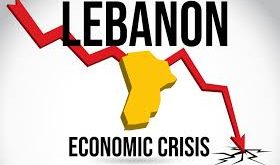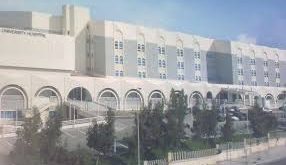Energy Minister Cesar Abi Khalil Tuesday expressed anticipation at discussing the electricity reform plan at Cabinet, set to meet later this week.
“The electricity plan will be [discussed] at the Cabinet meeting,” he said following a Change and Reform bloc meeting. “We are committed to providing it to citizens at the lowest cost, and [we are] committed to all the components of the plan which was approved seven years ago.
Cabinet is set to meet Wednesday in Baabda, chaired by President Michel Aoun.
Abi Khalil has also previously promised that the new electricity plan will provide Lebanon with seven additional hours of electricity.
The electricity reform plan has been met with opposition since it was passed in Cabinet on March 28.
The first phase of the reform plan would include bringing in two new barges, expected to provide the country with seven additional hours of electricity.
This power would supplement the three additional hours of energy generated by two floating power ships from Turkish company Karadeniz Holdings and upgrades to plants in Zouk Mikael and Jiyyeh.
The two existing barges have been generating power since 2013.
Some ministers have been skeptical about the plan, particularly due to its high-cost factor, some also to a lack of transparency.
Key opponents of the plan include Berri, who insisted that the tender to find companies to operate the barges should first and foremost pass through the government-controlled tender department.
Berri said the deal is an attempt to “fill pockets [with money].”
Lebanese Forces ministers have also expressed reservations about the plan but insisted their skeptical position should not be interpreted as a rupture in their alliance with the FPM. Deputy Prime Minister and Health Minister Ghassan Hasbani has urged transparency in the implementing of the law and the leasing of the barges.
Abi Khalil and Justice Minister Salim Jreissati have since threatened critiques of the plan with legal action.
“Nothing hurts investment in Lebanon more than this talk surrounding the investments that are being made by honest men,” Jreissati said, denouncing accusations that Abi Khalil bypassed established procedures to push his plan.
Lebanon has been plagued by a chronic electricity crisis since the end of the 1975-1990 Civil War, with successive governments failing to make large investments to improve the ailing sector and its outdated infrastructure.
It is common for residents to pay additional costs for external generators to compensate for frequent power cuts, if they can afford it.
 Lebanese Ministry of Information
Lebanese Ministry of Information



